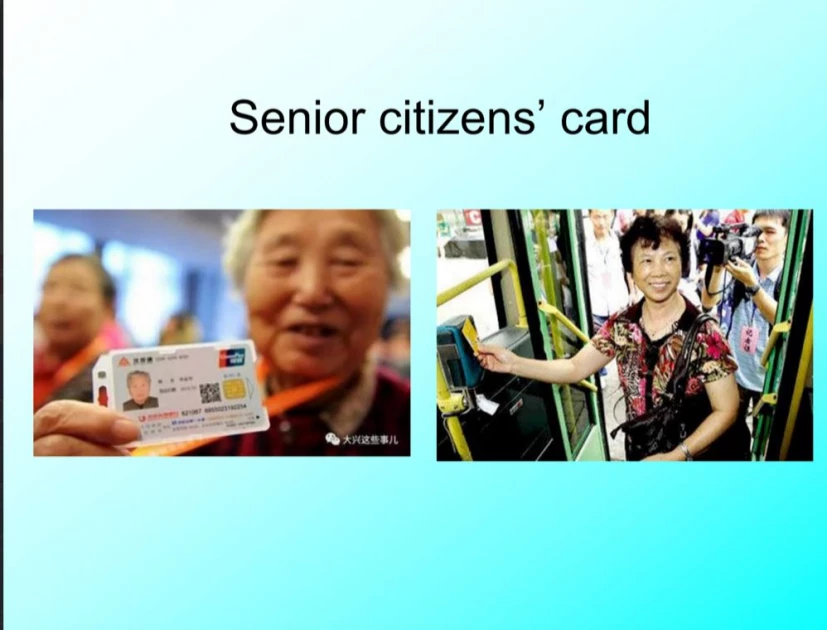Ageing luxury: What Kenya can learn from China’s approach on senior citizens


Audio By Vocalize
As Kenya continues to develop its social
welfare programs for the elderly, there are valuable lessons to be drawn from
China’s holistic and dignified approach to senior care.
In China, all
citizens aged 60 and above enjoy a wide range of free essential government
services. These include free transport on trains and public buses, free entry
to public museums and parks, as well as free medical services in public
hospitals.
The policy is
rooted in a national belief that by the age of 60, a citizen has made their
full contribution to society and nation-building, and it is now time for the
nation to give back.
Even pensioners
such as retired university professors benefit fully from these privileges. Each
senior citizen is issued a special government ID card, which grants them access
to these services at no cost.

According to Sun Jiwen, former Ambassador
of China to the Republic of Gabon and a beneficiary of the program, seniors
simply tap their card on the fare scanner when boarding a train or bus, and the
system automatically exempts them from paying.
In addition,
all fare payments in China are cashless, typically made through mobile apps
like WeChat, making the process quick, efficient, and inclusive for both the
tech-savvy and the elderly. Senior citizens also wear smartwatches with all
their personal information, including health data.
Unlike in
China, elderly citizens in Kenya aged 70 years and above who do not receive pension are supported through the government's Inua Jamii program. This social
protection initiative provides a monthly stipend of Ksh.2,000, which is
disbursed every two months, amounting to Ksh.4,000 bi-monthly.
The goal is to
improve the welfare and living standards of older persons.
While Inua
Jamii is a step in the right direction, China’s model offers a more
comprehensive and dignified approach, treating senior citizens as honoured
members of society with automatic, system-wide access to essential services.
The
foundation of this program lies in the teachings of the great Chinese thinker
and philosopher Confucius (551 BC–479 BC), who emphasised respect for the
elderly. To this day, Chinese people, guided by Confucian philosophy, uphold
virtues such as benevolence, filial piety, and loyalty to create social
harmony.
Core beliefs of Confucianism include the inherent goodness of human nature, the importance of education for moral development, the five key relationships that structure society, and the reciprocal duties between individuals.
Kenya has an opportunity to reimagine its support for the elderly, not just as a welfare obligation but as a reward for decades of service and contribution.
By learning
from China’s example, Kenya could lower the eligible age for benefits to 60,
expand free public services for seniors beyond cash stipends, integrate smart
ID cards to streamline access to services, and promote cashless systems for
easier and more secure transactions.
Investing in the
dignity and well-being of our senior citizens is not just a social
responsibility—it is a reflection of the kind of society we aspire to be.


Leave a Comment